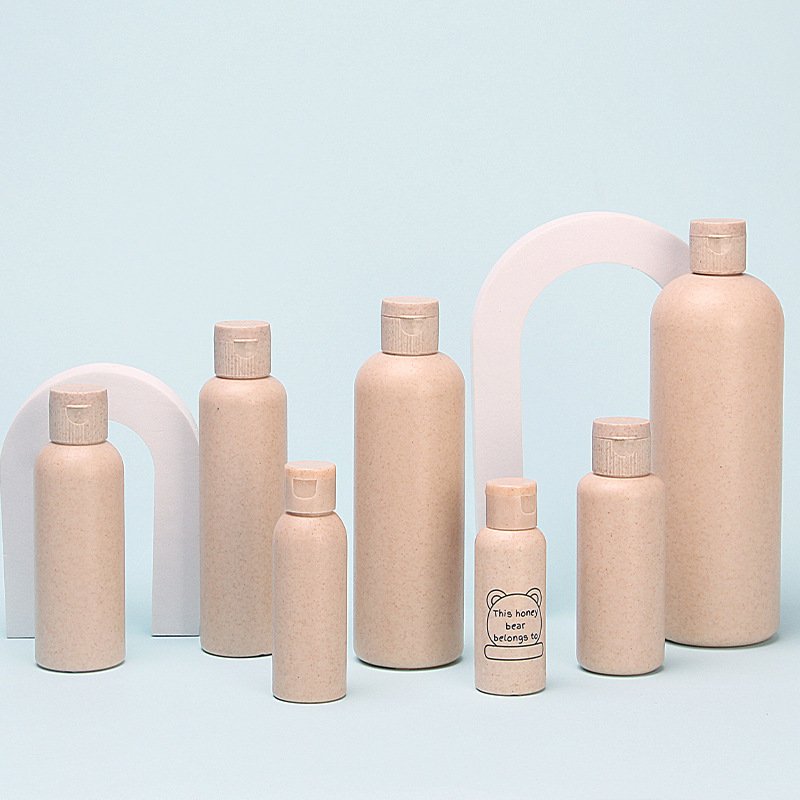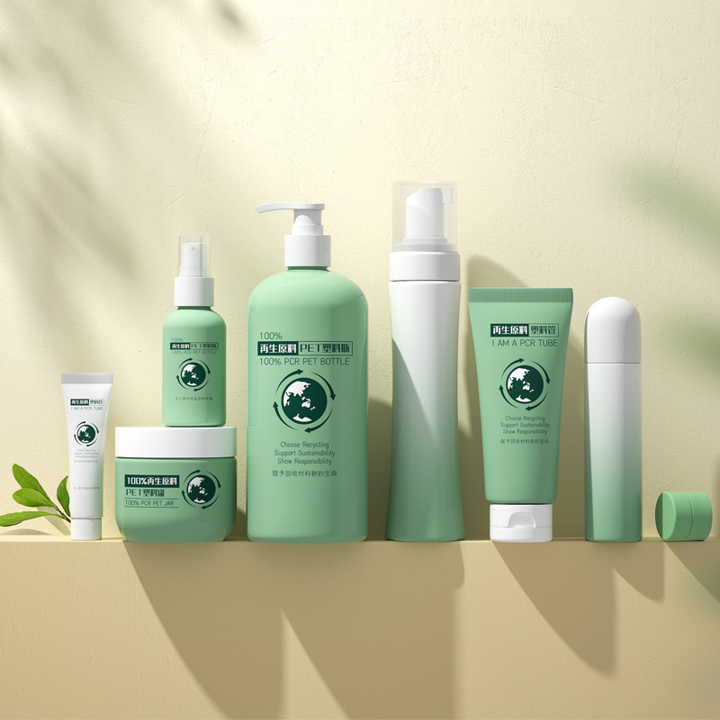
Post-Consumer Recycled (PCR) materials packaging offers several significant environmental benefits, reflecting a strong movement towards sustainability and eco-friendliness in packaging choices. Here are some of the key advantages:

1, Reduces Waste in Landfills: PCR materials are made from recycled products that have been used by consumers and then collected, processed, and remanufactured into new items. This reduces the volume of waste sent to landfills.
2, Conserves Resources: By recycling existing materials, PCR packaging minimizes the need for virgin resources. This conservation includes not only the raw materials themselves but also the water and energy required for their extraction and processing.
3, Lowers Carbon Footprint: The production of PCR materials typically consumes less energy than producing new, virgin materials. This is particularly true for plastics, where the recycling process emits fewer greenhouse gases compared to the production of new plastic from petroleum. Thus, PCR packaging helps in reducing the overall carbon footprint of packaging.
4, Supports Circular Economy: PCR packaging embodies the principles of a circular economy, where products and materials are reused and recycled for as long as possible to create a closed-loop system. This reduces the reliance on single-use packaging and promotes sustainability.
5, Reduces Plastic Pollution: By reusing plastics in PCR packaging, we can decrease the amount of plastic pollution that threatens marine life and ecosystems. This helps in tackling the global issue of plastic waste in our oceans and natural environments.
6, Encourages Recycling Industry: The demand for PCR materials encourages growth in the recycling industry, leading to advancements in recycling technologies and infrastructure. This can increase the efficiency and capacity of recycling processes, further benefiting the environment.
7, Consumer Awareness and Brand Image: Using PCR materials can elevate a brand’s image by aligning with consumer values around sustainability and environmental responsibility. It raises awareness among consumers about the importance of recycling and choosing products with eco-friendly packaging.
8, Regulatory Compliance: In some regions, there are regulations and guidelines encouraging or mandating the use of recycled materials in packaging. Adopting PCR packaging can help businesses comply with these regulations and avoid potential penalties.
Overall, PCR materials packaging represents an important step towards more sustainable packaging practices, offering a tangible way to reduce environmental impact, encourage recycling, and move towards more responsible consumption patterns.